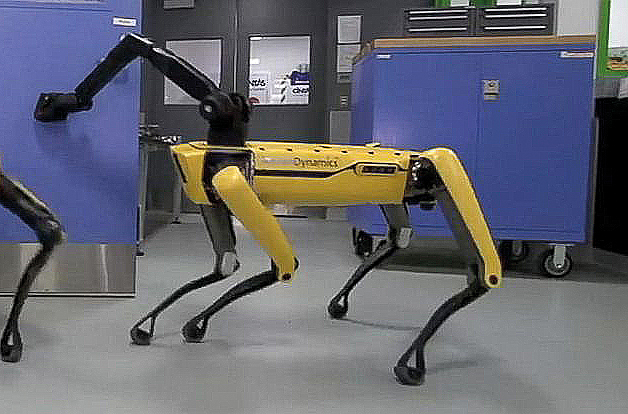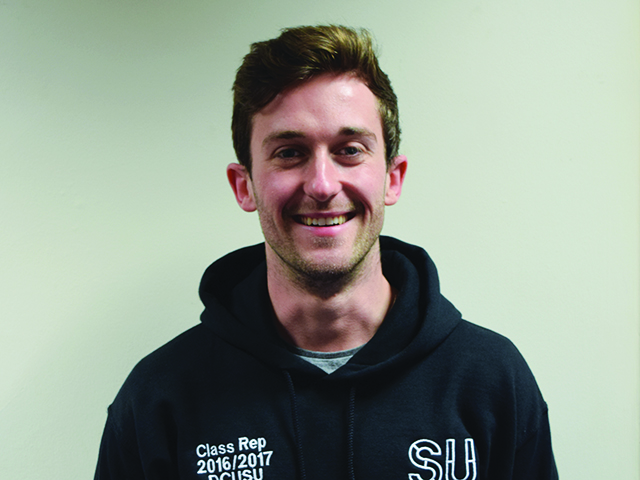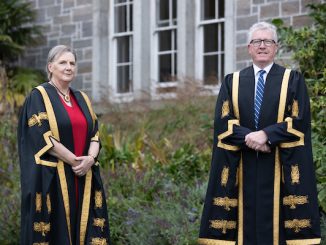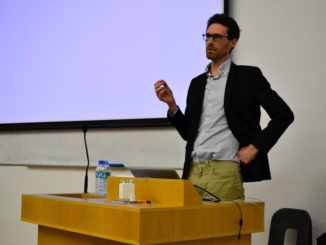
[dropcap]A[/dropcap]rtificial intelligence (AI) is a phrase that has been around over 50 years but only now is it taking precedence all over the world.
The College View recently reported that Irish businesses are at risk of being outmatched by their European counterparts due to their lack of AI integration. DCU significantly contributes towards the Irish utilisation of AI in its variants natural language processing, machine learning and computer vision.
The university, along with Insight and another DCU based research centre named ADAPT, contributes in funding and working with companies in AI to contribute to Ireland’s growing expertise and reputation, not just in universities but also in Irish companies and industries. For example, DCU collaborates with Aviva, the insurance company, in applying machine learning to their datasets in a fintech financial technology application area. Dozens more companies fund or co-fund PHD students or other researchers within the university across all the schools.
“One of the things that makes DCU, in my mind, the best university in this country is that we work across our faculties and our schools more than anywhere else. I’ve been here for more than 30 years and I’ve never seen a place in Ireland that is as collaborative,” said Alan Smeaton, founding director of DCU based ‘Insight centre for data analytics’ and Professor of Computing.
“This means we are best placed to take advantages of things like AI which is why we have involvement of so many other schools and so many other researchers in the work that we do,” he added.
Artificial intelligence is no longer refined to research and educating at PHD levels. 2018 saw DCU’s first intake for its new Bachelor of Science degree in data analytics as well as 80 masters students in a course of the same name, which five years ago could have been called artificial intelligence as these have merged to become one. The teaching of artificial intelligence is not restricted to these courses. It integrates into almost any degree programme.
“It’s right across the board. Every course will have an increasing amount of coverage of data analytics as the years go by. Biology used to be a bench subject in labs but now it’s increasingly a data subject. It trickles into every subject whether it’s marketing, finance, accounting, whether its languages because languages now use cheat translation, an AI application. All of the sciences are basically data-driven now,’ said Smeaton.
There is also large participation amongst students on an extracurricular basis, showing that AI is of real interest and not just an idea being preached.
“There is definitely an overall excitement about this field among the undergrads as I’ve seen a lot of engineers and physicists, in particular, attend hackathons and extracurricular talks in an attempt to learn more about AI and machine learning. As Chair of Space and Robotics, we get a lot of requests to do activities that involve the theme of AI, so there is definitely a willingness to learn more about the topic,” said George Mihailescu, Chair of Space and Robotics Society and student of physics and biomedical science.
Building on success is often the hardest step. Smeaton struggled to find a topic area where DCU is not contributing towards AI, but students often offer a fresh perspective as they are on the receiving end of the university’s contribution efforts.
“It would be interesting to have a series of small seminars that address different aspects of machine learning and AI or perhaps a DCU AI event where students from across faculty can see current applications of AI in areas like computer vision, robotics, sports, etc, and, at the end of the event have a multi-faculty hackathon or something that would really capture the imagination of all students in DCU,” said Mihailescu.
Gillian Hogan
Image Credit: Time Magazine



